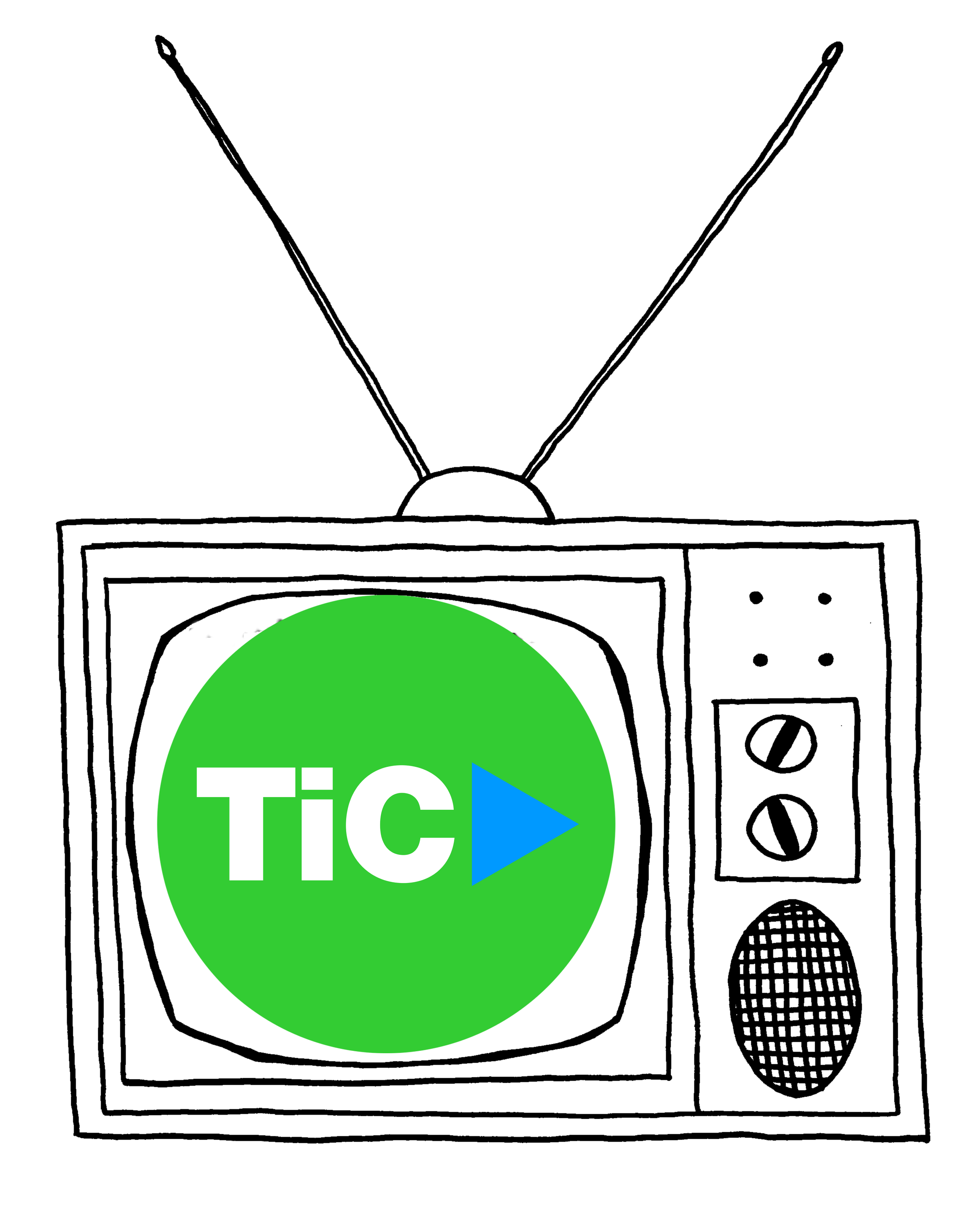National Poetry Day generates an explosion of activity nationwide, thousands of amazing events across the UK – in schools, libraries, bookshops and hospitals, on buses, trains and boats – all celebrating poetry’s power to bring people together. 2019 is the 25th anniversary of National Poetry Day – expect the celebrations to run all year long.
Poetry Reading by Michael Coen
A Poetry Reading by Joseph Coelho
William Wordsworth is a major English Romantic poet who lived from April 7, 1770 to April 23, 1850. William Shakespeare was born in April 1564 in Stratford-upon-Avon, England. William Blake (born on November 28, 1757 in London’s West End). Rudyard Kipling was a British short-story writer, poet, and novelist, born in Mumbai, India and educated in England. William Butler Yeats, who is often considered to be one of the foremost figures of the 20th century literature, was born in Sandymount Castle, Dublin (Ireland) on June 13, 1865.
Alfred Lord Tennyson was Poet Laureate of the United Kingdom from 1850–1892 and is one of the most popular English poets. Christina Georgina Rossetti was an English poet who wrote a variety of romantic, devotional, and children’s poems. John Donne (1572 – March 31, 1631) was a Jacobean poet, satirist, lawyer and preacher/cleric in the Church of England. John Keats was an English poet who is now regarded as being one of the greatest lyric poets of his time and one of the principal poets of the English Romantic movement. He was born in London on October 31, 1795. Elizabeth Barrett Browning is still one of the most influential figures within English poetry. George Gordon Byron, 6th Baron Byron, later George Gordon Noel, 6th Baron Byron, FRS (22 January 1788 – 19 April 1824), commonly known simply as Lord Byron, was an English poet and a leading figure in the Romantic movement.
